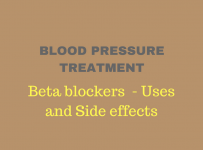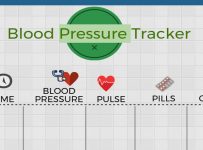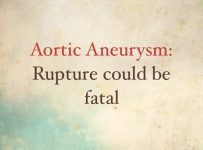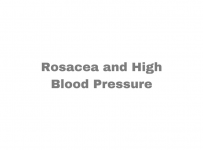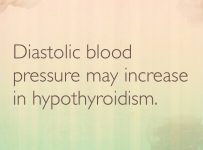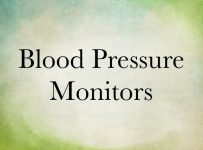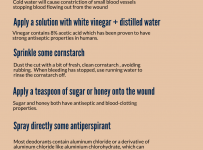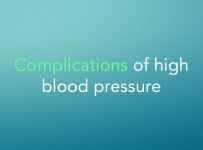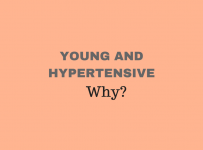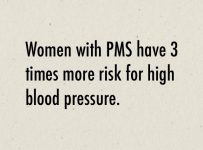Blood pressure is the result of blood flow through body systems. A certain level of blood pressure is necessary for the organism to function properly. High blood pressure could affect every body organ leading to symptoms of hypertension. Some of the most fequent complications of high blood pressure are listed below.
Stroke – Damage to blood vessel walls
High blood pressure is a strong risk factor for stroke.
Stroke is what happens to the brain when its blood flow is compromised. In case of high blood pressure, this happens because vessel(s) responsible for supply of a certain part of the brain have become damaged.
Symptoms of stroke are related to the affected part of the brain. For instance, if the involved brain region is responsible for speaking, then speech impairment will appear.
Extremely high blood pressure spikes could tear brain arteries causing bleeding. This is the so called hemorrhagic brain stroke.
In the long term, high blood pressure, can slowly cause damage to the brain blood vessel walls, making them more susceptible to clogging which could lead to the so called ischemic brain stroke.

Kidney Disease – Kidneys cannot filter blood waste
Kidneys are a basic component in the blood pressure regulation. High blood pressure is the second most frequent cause of kidney failure and may take years to develop.
Kidneys control and fluid and electrolyte content in the body and release certain hormones that affect blood pressure.
They possess special sensors which can detect all changes of blood pressure and try to brink it back to normal.
Kidney arteries become hard and narrow, so less blood flows through them to reach the kidneys. This low flow is interpreted by the special sensors as low blood pressure and they release specific substances destinated to increase blood pressure, creating a vicious circle that makes things worse.
Heart Failure – Heart becomes weak
High blood pressure exerts a continous work burden to the heart, a condition designated as hypertensive cardiomyopathy. This means that heart muscle initially becomes hypertrophied in order to be able to deal with the greater pressure that blood uses to flow through cardiac chambers. After some time heart muscle succumbs to chronic workload, becoming stretched out and weak and thus unable to contract efficiently leading to heart failure.
Sexual dysfunction
Erectile dysfunction affects almost half of men with high blood pressure, between 40-80 years of age.
It is an under-treated condition because it is not usually reported to the physicians. It happens mainly for two reasons:
- Blood flow through male genitalia is compromised due to damage caused by high blood pressure on penile arteries.
- Muscles supporting penis are not able to contract and relax normally during erection.
Loss of libido and reduced interest for sex, may affect both genders particularly women due fatigue and decreased blood flow to the vagina, that leads to reduced body response before and during sexual intercourse.
Loss of vision
High blood pressure may affect your eyesight.
It causes damage to the optic nerve, eye blood vessels (the so called retina) and choroidal plexus (a specialized cell network responsible for image processing).
Any of the above mentioned conditions could lead to severe vision impairement.
- Pain. Usually a dull ache behind the eye, that gets worse by movement.
- Vision loss in one eye. Reduction in vision in the context of high blood pressure, usually develops over hours or days and may be temporary or permanent with various extent.
- Impaired side vision.
- Impaired color vision. Colors appear fade and you cannot distinguish among different shades.
- Flashing lights perception, generated by eye movement.
Symptoms of choroidal damage:
High blood pressure could lead to fluid accumulation in the backside of the eye. You may exprience a sudden blurry vision or no symptoms at all.
Symptoms of eye blood vessel (retina) damage:
- Seeing light flashes.
- Loss of side vision.
- Seeing of new floating “threads”.
Loss of cognitive function – Dementia
High blood pressure can cause damage and narrowing of brain blood vessels, leading to reduced blood flow to certain areas of the brain related with memory, speech and understanding.
This is called vascular dementia and is the second cause of cognitive impairement after Alzheimer’s disease.
Symptoms of vascular dementia:
Symptoms appear gradually and include:
- Difficulty in communication and/or speaking.
- Memory impairement.
- Decreased coordination of movement.

